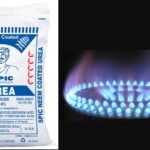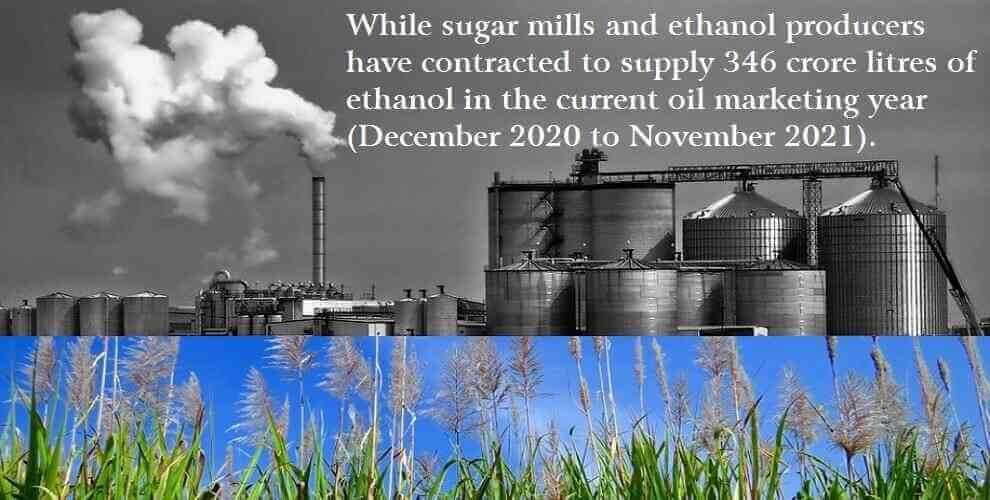According to a recent letter written by sugar companies to the government, a delay in signing purchase agreements by oil marketing companies (OMCs) with prospective ethanol producers is impeding the setting up of new standalone ethanol plants required to produce additional ethanol needed for the fuel mixing program.
A recent letter from the Indian Sugar Mills Association (ISMA), the trade association that represents sugar mills, to the Ministry of Petroleum and Natural Gas Secretary, urged the minister to push the OMCs to ink such purchase agreements (PA) with project proponents as some of the loans from banks are about to expire.
Also Read: Govt approved 422 ethanol projects to increase production by 1,675 cr lit
According to an industry official, OMCs were hesitant because any agreement signed with producers would require them to deposit payments towards loans taken to set up ethanol units in an escrow account. ‘No one wants to be burdened with additional responsibilities. This happened a decade ago with the power agreements as well,’ the official said on condition of anonymity. When contacted, OMCs did not respond until this report was published.
While sugar mills and ethanol producers have signed the contract to supply 346 crore litres of ethanol in the current oil marketing year (December 2020 to November 2021) until August 16, the target for the following season is 450 crore litres, enough for 10% blending.
Bank standards
At the request of the government, the State Bank of India (SBI) issued guidelines and standard operating procedures (SOPs) in January this year for offering term loans to standalone ethanol distilleries producing ethanol for fuel blending. Many other banks followed the same guidelines and standard operating procedures.
According to these guidelines, banks have stated that they are willing to make loans with several concessions, such as 5% collateral security and a lower debt-equity ratio (promoters’ contribution as low as 5%) if a tripartite agreement is reached between the bank (lender), the project developer (borrowers), and the OMC (buyer).
The only condition imposed by the banks was that the project developer obtains a PA from the OMCs. According to an industry source, the PA must certify that the OMC will purchase at least the amount of ethanol required to cover the repayment installment, and the agreement must cover the entire term of the loans.
Also Read: Amit Shah promised to direct banks to adopt a flexible lending policy
Everyone benefits
As per the agreement, the OMC will deposit the payment for the ethanol purchase in an escrow account, from which the bank will recover the payment before releasing the balance to the firm. It’s a win-win situation for everyone.
The government, which wants to see more ethanol blended into gasoline, would have a better supply of the alternative fuel, while many sugar mills whose books aren’t in good shape for a variety of reasons would have gotten cheaper loans to set up ethanol plants. Banks would benefit as well because their repayment is guaranteed, according to the source.
The mills’ complaint, as expressed by ISMA in its letter, was that despite the Ministry’s approval of the OMCs issuing expressions of interest (EoI) for these PAs, the oil firms were still refusing to do so.















Add Comment